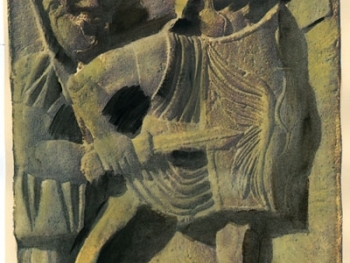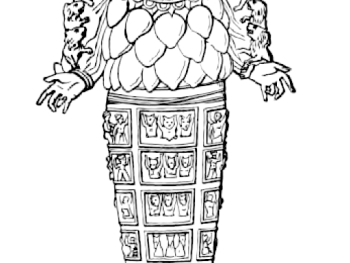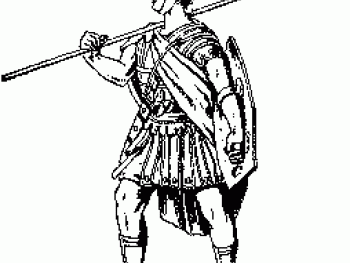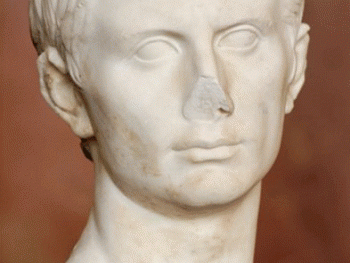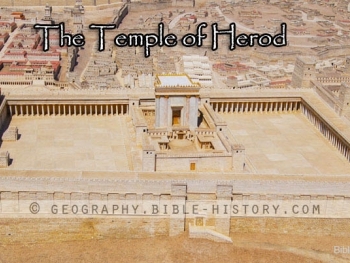Slavery was deeply ingrained in the social and economic fabric of ancient Rome and Greece, shaping the structure of these societies in significant ways. With vast numbers of enslaved individuals serving as laborers, domestics, and even skilled professionals, the institution of slavery played a pivotal role in the functioning and development of these ancient civilizations.
- Origins and Sources of Enslavement: In both ancient Rome and Greece, individuals could become slaves through various means. Some were captured in warfare, while others were born into slavery, inheriting their status from enslaved parents. Additionally, debt bondage, criminal punishment, and even the sale of oneself or family members could result in enslavement.
- Economic and Labor Contributions: Slavery formed the backbone of the ancient Roman and Greek economies, as enslaved individuals provided a cheap and abundant labor force. Enslaved people worked in diverse sectors, including agriculture, mining, construction, manufacturing, and domestic service. Their labor fueled the production and wealth accumulation of the upper classes, freeing citizens to pursue education, politics, and cultural endeavors.
- Social Hierarchy and Power Dynamics: Slavery reinforced a clear social hierarchy in ancient Rome and Greece. Enslaved individuals occupied the lowest rung, devoid of personal freedoms and legal rights. Slaveholders, predominantly wealthy landowners and aristocrats, exerted authority over their enslaved population, which could range from a small household to vast estates or businesses. This power dynamic perpetuated social stratification and consolidated the elites' control.
- Cultural and Intellectual Impact: The presence of enslaved individuals profoundly influenced the cultural and intellectual landscapes of ancient Rome and Greece. Enslaved people worked in households, often engaging in close interactions with their owners. Some enslaved individuals became skilled tutors, artists, musicians, or scribes, contributing to the cultural and intellectual achievements of their masters. However, their contributions were generally uncredited and overshadowed by the dominant social order.
- Resistance and Abolition: Throughout ancient Roman and Greek history, enslaved individuals resisted their oppression in various ways. Some engaged in acts of rebellion, escape, or sabotage, while others sought legal recourse or gained freedom through manumission. Additionally, philosophical movements in both societies, such as Stoicism and Christianity, laid the groundwork for discussions on the inherent equality and dignity of all human beings, ultimately paving the way for the gradual abolition of slavery in later centuries.
The institution of slavery played a pivotal and complex role in ancient Roman and Greek societies, shaping their economies, social structures, and cultural landscapes. While the enslaved population formed an essential labor force and contributed to the success and prosperity of these civilizations, their lack of freedom and rights perpetuated profound inequalities. Understanding the multifaceted nature of slavery in ancient Rome and Greece provides crucial insights into the historical dynamics and lasting legacies of this institution and serves as a reminder of the human capacity for both exploitation and resistance.


